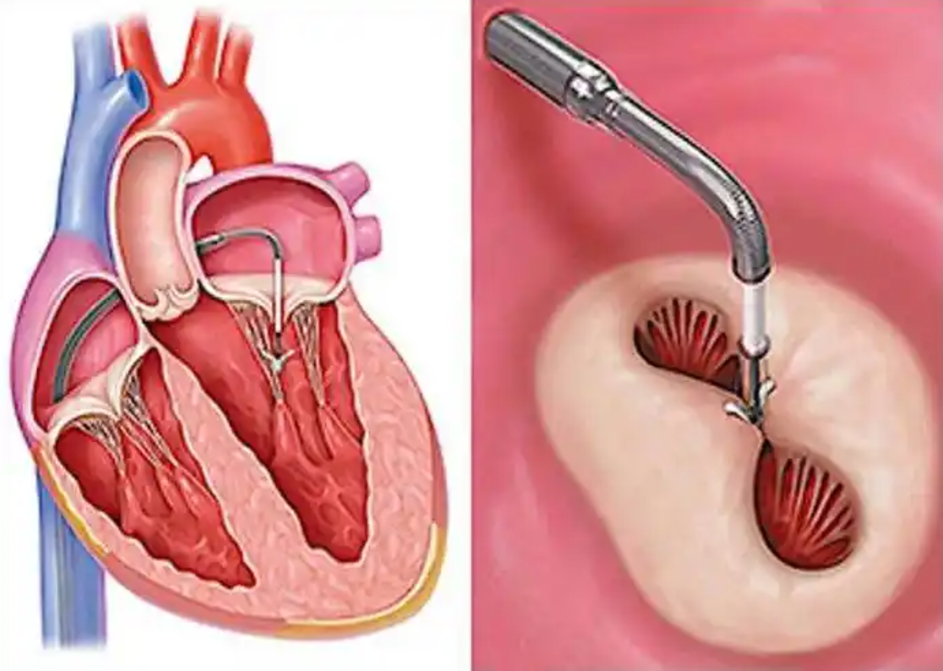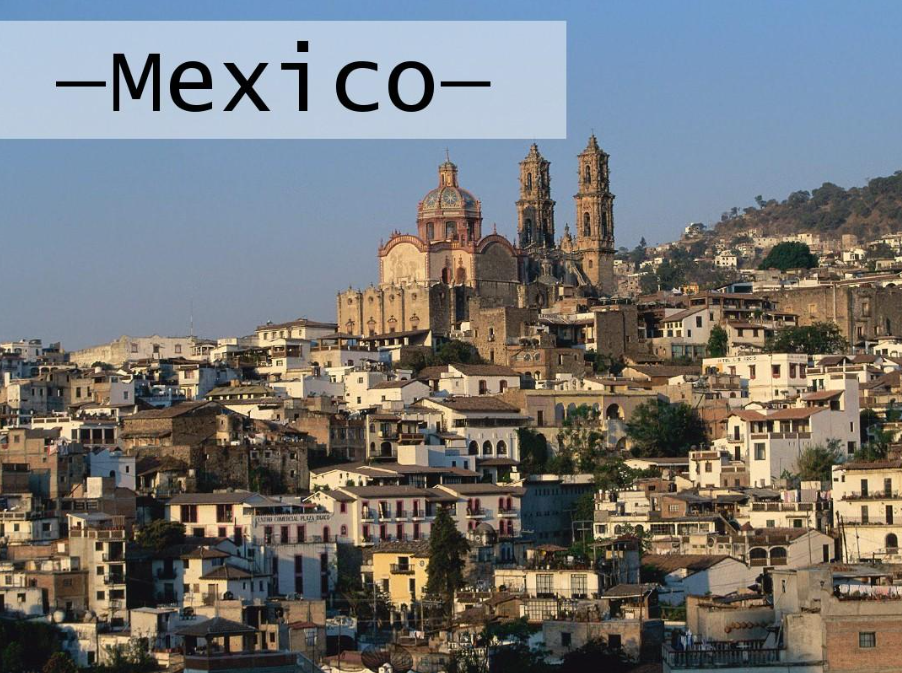Mexico or the USA? Comparing Heart Surgery Costs and Outcomes
original:health91192024-11-27 12:20:13
When it comes to heart surgery, choosing the right country for treatment involves more than just looking at the cost. Patients must also weigh the quality of care, success rates, and overall experienc
Mexico or the USA? Comparing Heart Surgery Costs and Outcomes
When it comes to heart surgery, choosing the right country for treatment involves more than just looking at the cost. Patients must also weigh the quality of care, success rates, and overall experience. For those considering options in North America, Mexico and the USA stand out as popular destinations for heart surgery. This article explores the costs, outcomes, and other factors to help you make an informed decision.
Heart Surgery Costs: Mexico vs. the USA
One of the most significant differences between these two countries is the cost of heart surgery.
Costs in Mexico
Heart surgery in Mexico is far more affordable than in the USA, often costing 50% to 70% less.
For example, a coronary artery bypass surgery (CABG) in Mexico can range from $10,000 to $20,000, depending on the hospital and complexity.
Hospitals in Mexico frequently offer all-inclusive packages, covering surgery, hospital stay, and sometimes even post-operative care.
Costs in the USA
The same procedure in the USA can cost anywhere from $50,000 to $150,000, depending on the hospital and insurance coverage.
While American hospitals boast cutting-edge technology and extensive resources, the high costs are often prohibitive for uninsured or underinsured patients.
Quality of Care and Outcomes
Cost savings in Mexico do not necessarily mean a compromise in quality. However, differences in healthcare infrastructure and standards must be considered.
Healthcare Standards in Mexico
Mexico has a growing reputation for medical tourism, with internationally accredited hospitals in cities like Tijuana, Monterrey, and Mexico City.
Many doctors are trained in the USA or Europe, bringing advanced expertise to their practice.
Outcomes for routine heart surgeries are often comparable to those in the USA, provided you choose a top-rated facility.
Healthcare Standards in the USA
The USA is home to some of the world’s best hospitals for cardiology, including the Cleveland Clinic and Mayo Clinic.
Advanced technologies, such as robotic-assisted surgery and AI-powered diagnostics, are widely available.
Success rates for complex procedures, such as heart transplants, are among the highest globally.
Accessibility and Convenience
Travel to Mexico
Proximity to the USA makes Mexico an accessible destination for Americans. Border cities like Tijuana are popular among patients seeking affordable care.
Many hospitals cater to international patients, offering English-speaking staff and assistance with travel logistics.
Staying in the USA
For American patients, staying in the USA eliminates the need for international travel, making it easier to access follow-up care.
Insurance coverage may offset costs for those who qualify, although out-of-pocket expenses can still be high.
Patient Experience and Support
Mexico
Mexican hospitals often emphasize personalized care and shorter wait times compared to the USA.
Recovery facilities may include tranquil settings and concierge services, allowing patients to combine treatment with relaxation.
However, patients should ensure proper communication and verify the hospital’s credentials to avoid any misunderstandings.
USA
The USA offers structured post-operative programs, including cardiac rehabilitation and lifestyle management.
Hospitals maintain strict protocols to ensure patient safety and prevent complications.
The downside is that the experience can sometimes feel impersonal due to the large scale of operations.
Key Factors to Consider
| Factor | Mexico | USA |
|---|---|---|
| Cost | Affordable, with package options | Expensive, even with insurance |
| Hospital Accreditation | Internationally accredited in major cities | Globally recognized top-tier institutions |
| Technology | Advanced but limited to specific hospitals | Cutting-edge and widely available |
| Language Support | English-speaking staff at medical tourism centers | Predominantly English-speaking |
| Proximity for Follow-Up | Ideal for Americans or Canadians | Best for local or insured American residents |
Who Should Choose Mexico?
Mexico is an excellent choice for:
Patients without insurance or those facing high deductibles in the USA.
Individuals seeking quality care at a fraction of the cost.
Those comfortable with traveling for treatment and recovery.
Who Should Choose the USA?
The USA is ideal for:
Patients with comprehensive health insurance.
Complex cases requiring advanced technology and specialized expertise.
Those preferring seamless follow-up care close to home.
Conclusion
Both Mexico and the USA offer excellent cardiac care, but the right choice depends on your needs, budget, and willingness to travel. Mexico provides a cost-effective solution without sacrificing quality, while the USA offers unparalleled access to advanced technology and specialized services.
By thoroughly researching facilities, consulting with healthcare providers, and considering your financial situation, you can make an informed decision that ensures the best outcome for your heart health.


